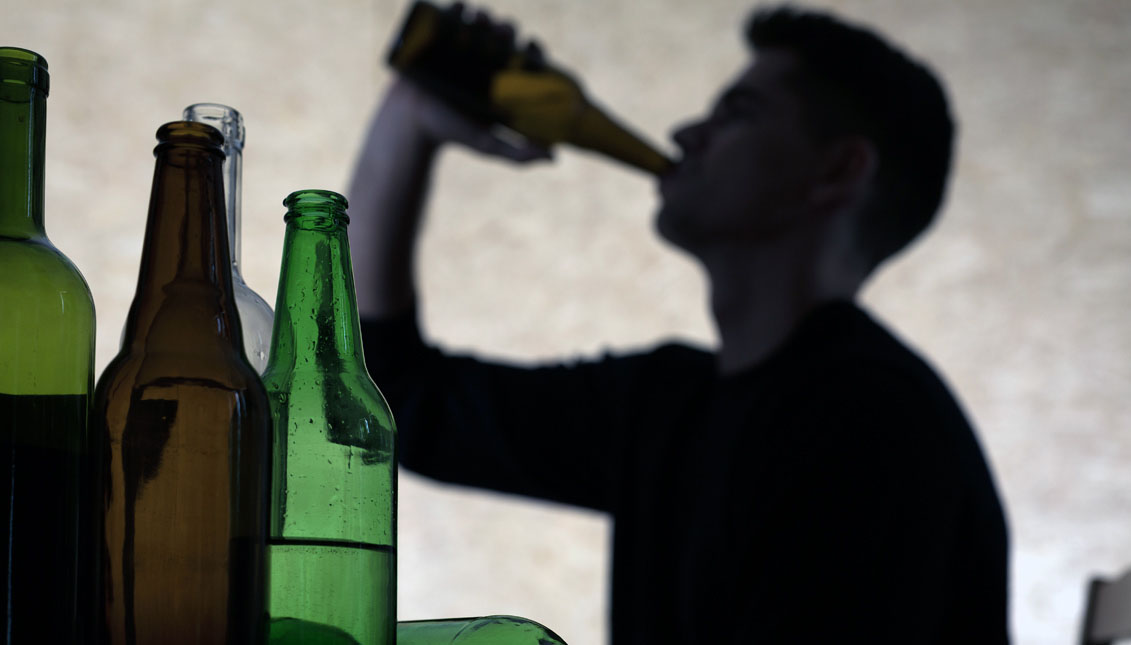
[OP-ED] Quick quiz: Is the average binge drinker likelier to be a kid or an adult?
Actually, more than half of the 17 billion binge drinks consumed in 2015 were by adults age 35 or older, according to the Centers for Disease Control and Prevention (CDC).
And these drinkers probably wouldn't even think they were overdoing it, because "binge" conjures up images of black-out, debaucherous drunkenness. But the CDC defines a binge as five or more drinks in two hours for men and four or more drinks in two hours for women.
In their most recent study, the CDC calculated that one in six –or 37 million– adults binge drinks about once a week, consuming an average of seven drinks per episode.
As one of the few people at any given gathering who don't drink, this comes as no surprise to me.
Once people get two drinks in them, they stop noticing how many more they're slugging down. The next thing they know, it's the following day, and they don't remember me practically doing a dead man's carry to get them to their front door.
Oh, I don't mind – the compensation for being a lifelong teetotaler is that I have all my faculties present for the embarrassing disclosures and misbehaviors that accompany open bars at professional conferences. I'm no blackmailer, but it sure does help to know where the proverbial bodies are buried.
Still, all this overconsumption runs from disastrous to deadly: Binge drinking puts everyone –even sober bystanders– at risk for harm from dangerous driving, risky sexual behavior and violent outbursts. Then there's the increased risk of serious health problems like cancer, heart disease, liver failure and obesity.
The CDC says that, annually, "binge drinking is responsible for more than half of the 88,000 alcohol-attributable deaths and three-quarters of the $249 billion in economic costs associated with excessive drinking in the United States."
For alcohol companies, binge and regular consumption patterns are bright spots. Their market may soon tank as marijuana –with its earthy, natural halo effect– gains traction as both a medicine and intoxicant that is legally available in some instances and not punishable by law in others.
You can almost smell the desperation of big alcohol and big soda –another chronic disease catalyst losing share to more "natural" drinks– as they team up against regulation and competition to ensure the next generation of drinkers gets hooked.
The American-as-mom-and-apple-pie megacorporation, Coca-Cola, recently announced that it will be launching an "alcopop" –an alcohol-infused sugary beverage– in Japan. There, like in the U.S., sweet, fruity and "cute" alcoholic drinks are already a hit among women.
Either way, the first step to curbing harmful behavior is to be aware of it.
Some people may not want to see themselves as binge-drinkers, because it doesn't fit their idea of how in control of their alcohol consumption they are.
These types can keep tabs on their intake with alcohol consumption-tracking apps like the Green Light blood alcohol level estimator app or DrinkControl, which lets you easily keep count of drinks in cans, glasses, bottles, shots, etc.; create infographics on drinking patterns; and learn "moderate alcohol use limits."
CONTENIDO RELACIONADO
But, of course, such apps rely on the drinker's self-discipline –not to mention presence of mind– to be faithful and honest about inputting how much they are imbibing.
Also, drink-counting apps are far outnumbered by apps that find nearby happy hours or help you keep score in drinking games.
Some smart developer could create an app that regularly sends out notifications about The Lancet's most recent ranking of harm-causing drugs.
No. 1 –beating out heroin, crack cocaine and meth– is alcohol.
How about an app like the trendy mindfulness ones that attempt to put you into the present moment by notifying you that you are going to (someday) die? It could bombard users with simple messages about immoderate alcohol consumption:
"Don't embarrass yourself in front of your new boss."
"You're likelier to get a sexually transmitted disease when intoxicated."
"How will you feel when you kill an innocent pedestrian while driving drunk?"
It'd be a real downer to have to endure such dire messages when not in the act of enjoying a cocktail or five, but perhaps less of a drag than the actual side-effects of binge drinking.
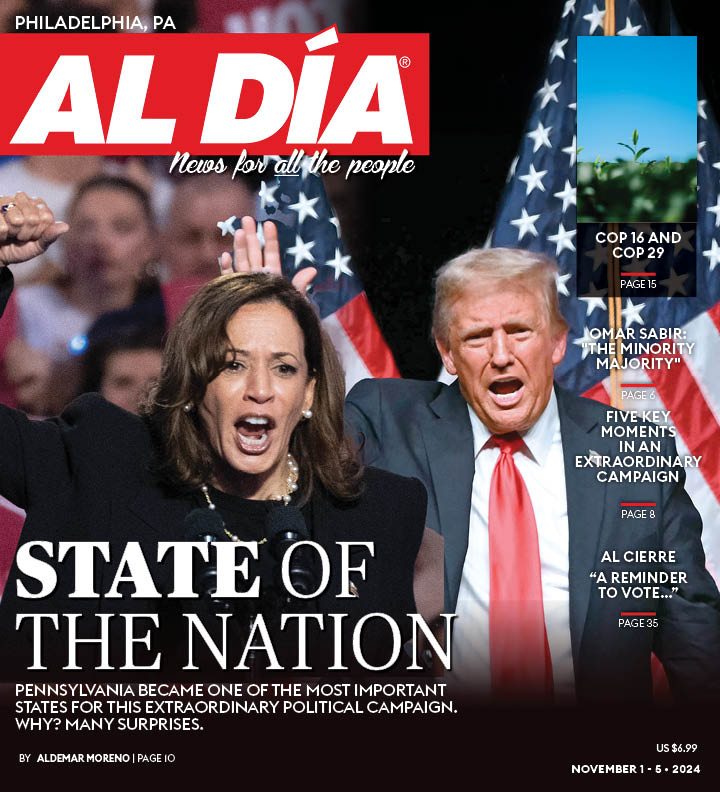

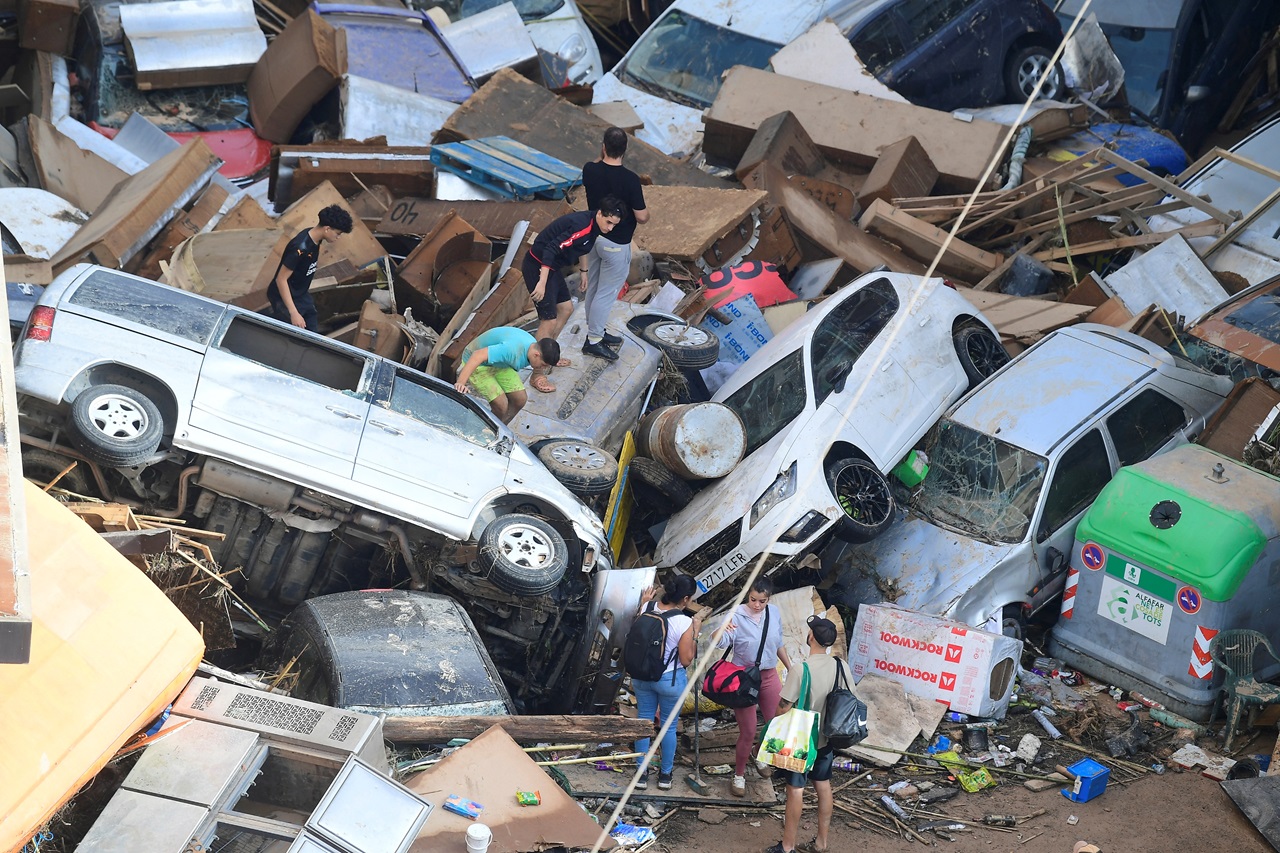
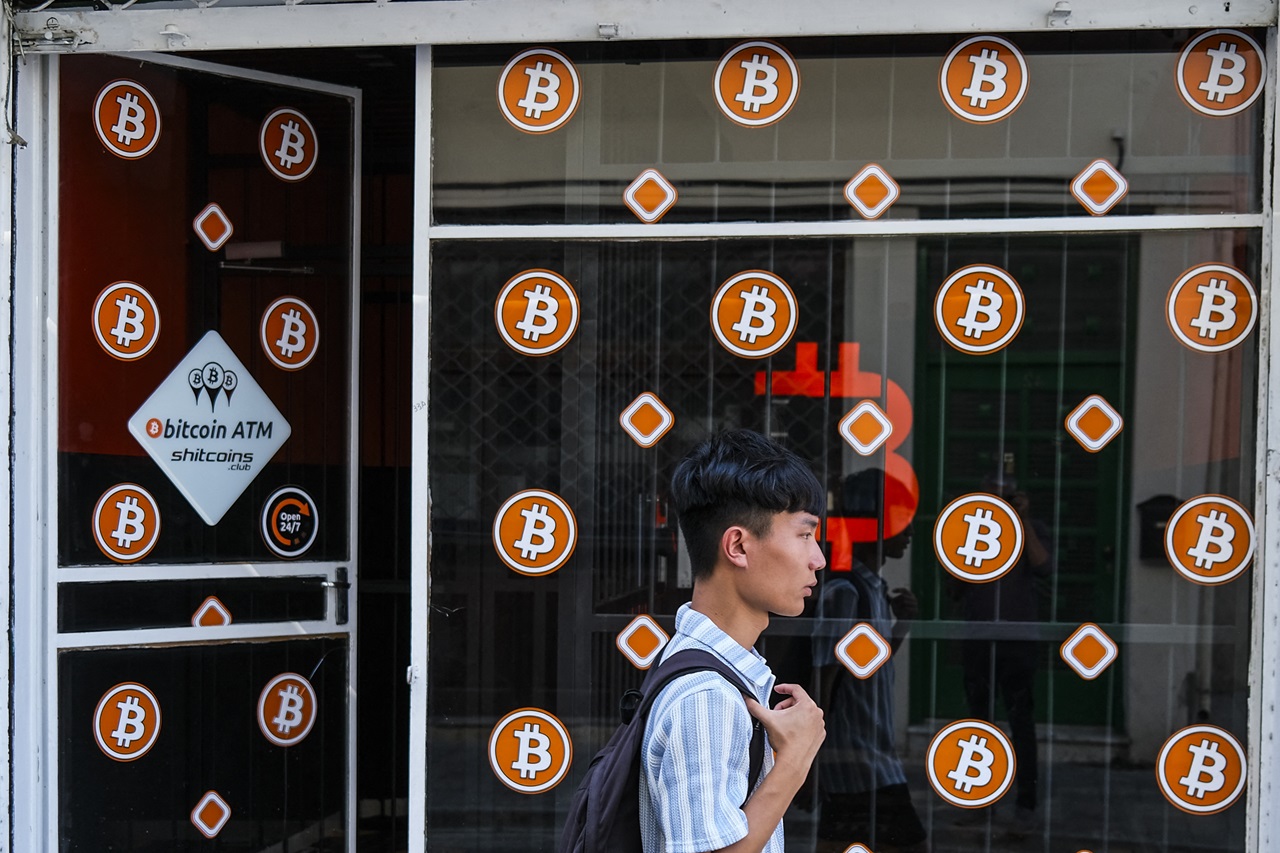

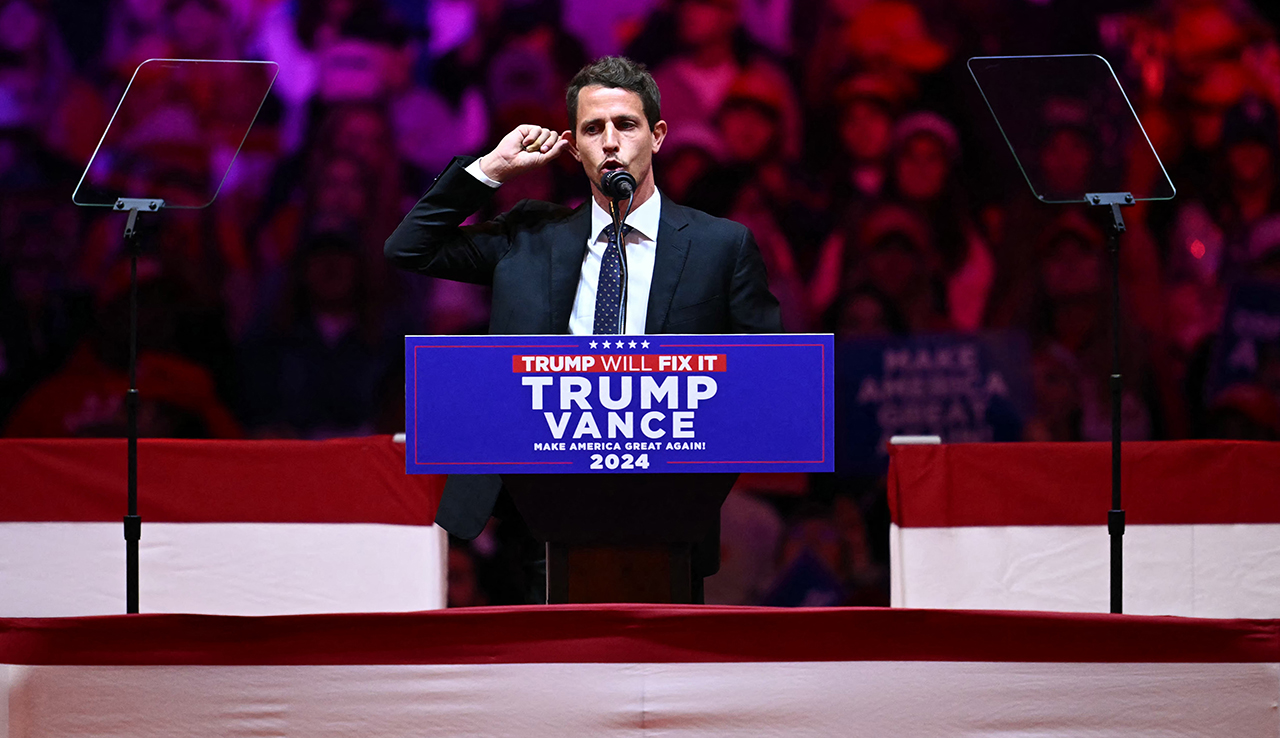
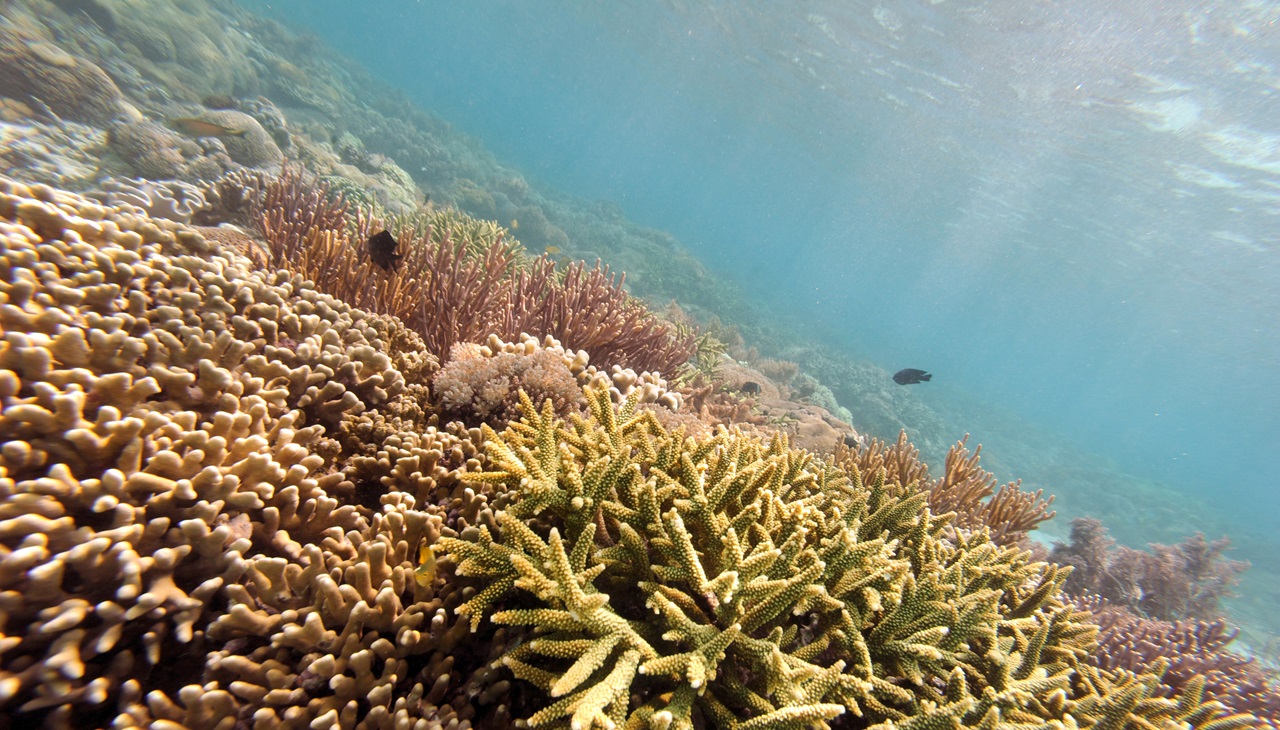
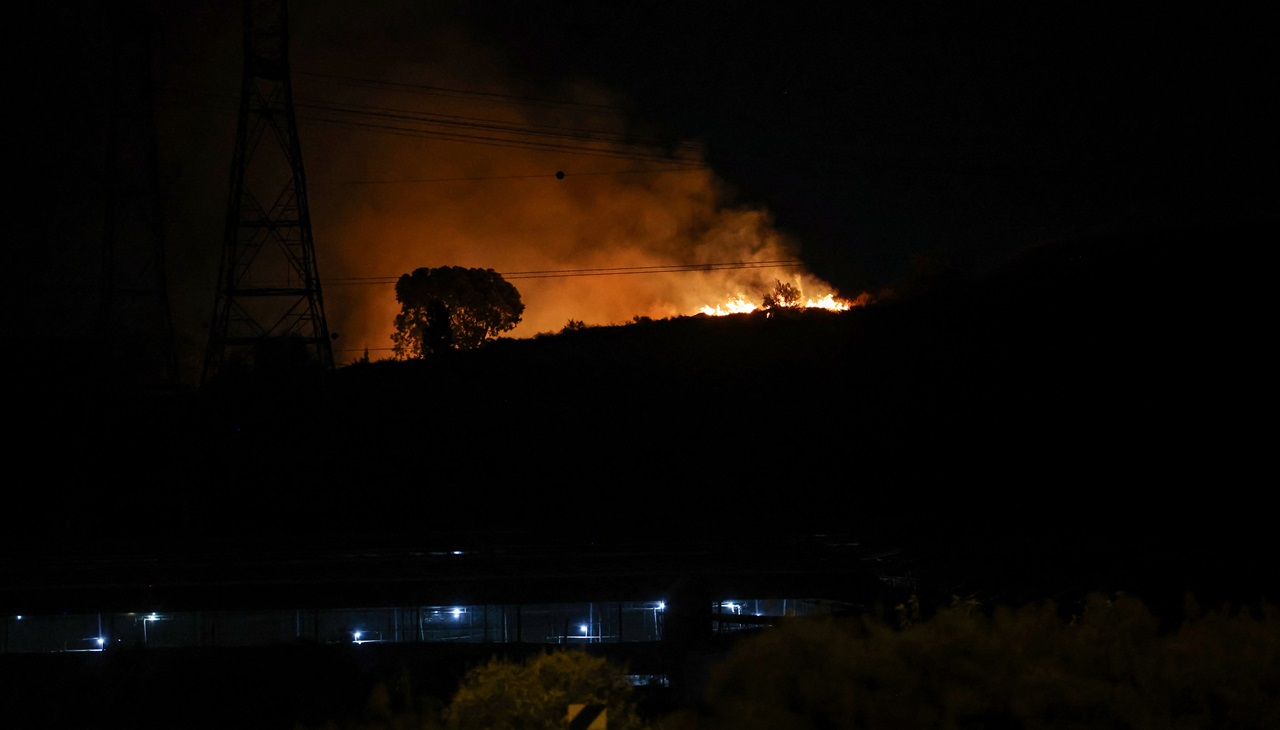
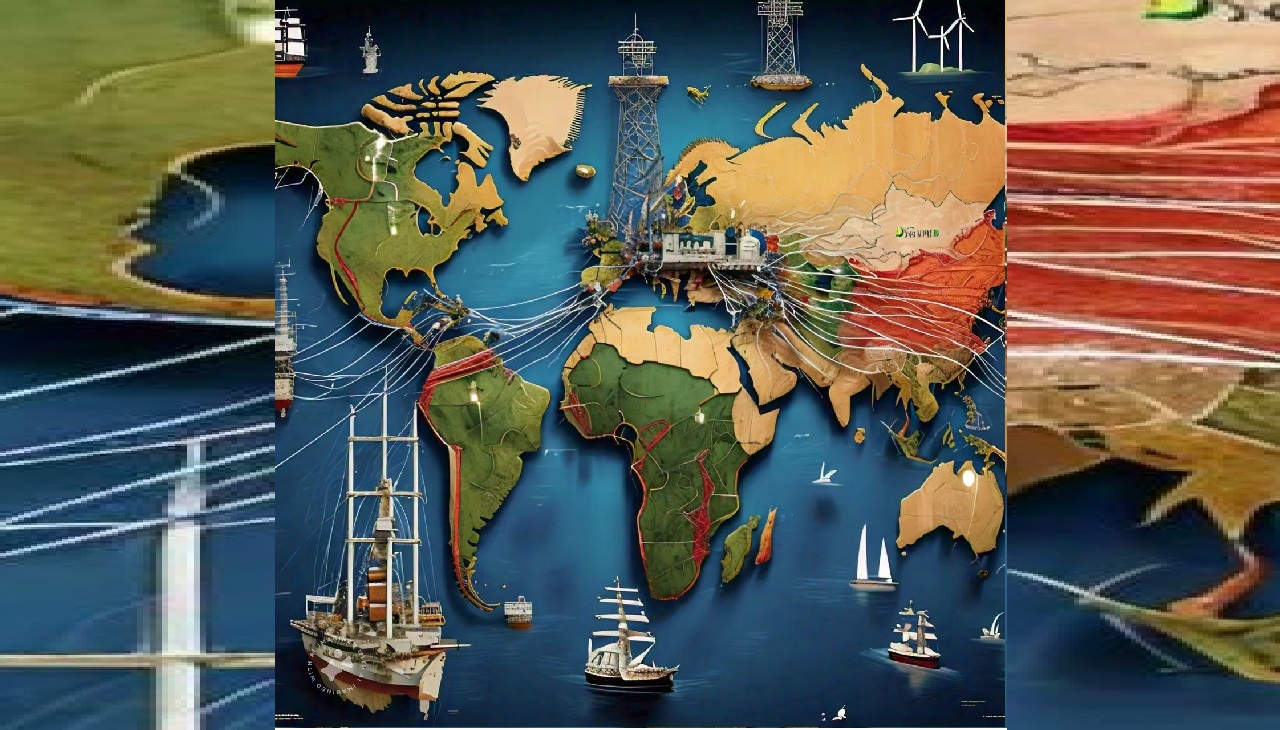

DEJE UN COMENTARIO:
¡Únete a la discusión! Deja un comentario.